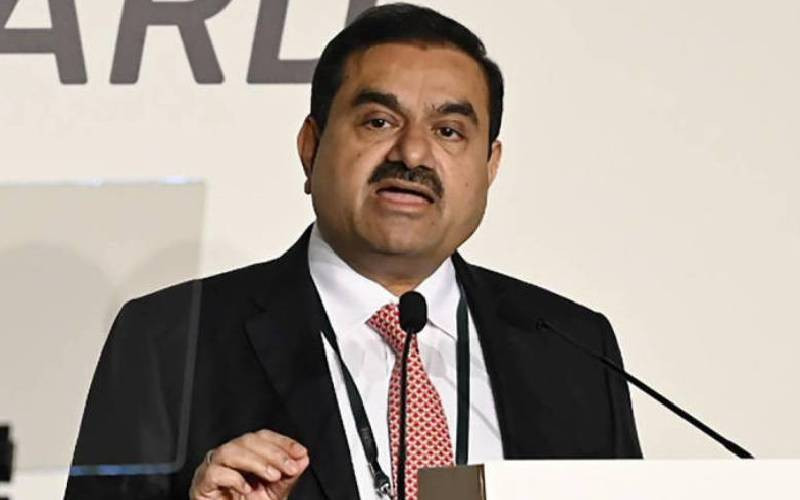As county budgets are approved by County Assemblies across the country, we find ourselves discussing the allocations between recurrent and development/capital expenditures. It is often argued that our problem is that we allocate ‘too much money’ to recurrent expenditure and not enough to development.
Recurrent expenditure is often incorrectly assumed to be unnecessary or even anti-development, such as when the wage bill is said to be ‘too high.’ When MCAs budget to hire personal assistants, it stokes fears even more. No doubt there are issues here, but I think we are often missing the more critical issue of what the recurrent expenditure is spent on – and towards what end. Recurrent expenditure is not unnecessary or even anti-development. Building hospitals that we cannot staff or supply with medicines would be atrocious.








